All You Need To Know: Living Cost In Canada
In this article, we will try to answer the questions “How much should I reserve for rent and other fixed expenses?”, “Should I get a job to get by?”, “Can I buy my Starbucks Caramel Macchiato every day?”, and more.
I was once an international student, therefore I know your struggles and concerns. I was in my mid-twenties living and studying in one of the world’s most livable cities, Melbourne in Australia. Let us just say, in hindsight, I know I could have done a better job in handling my finances. Note that this is not to discourage you from spending on experiences that will enrich your study abroad journey. This just serves as a guide to make sure you are finding balance and enjoying your student life without dreading your next stop at the ATM.

PRIORITIZING YOUR FIXED EXPENSES
As an international student in Canada (household size of one), you are required to carry at least 10,000 CAD per year to support yourself. This translates to 833 CAD per month and generally represents your fixed expenses. To give you a clearer picture, listed below are the average monthly fixed expenses if you live and study in a big city versus a remote/regional area. For my example, I chose Vancouver (one of the most, if not the most expensive city in Canada) and a northern British Columbia city of Prince George with a population of less than 80,000.
Fixed Expenses | Vancouver | Price George |
Rent (1-bedroom small apartment in subur/outside downtown) | 1,618.00 | 611.00 |
Health Insurance | 75.00 | 75.00 |
Utilities (gas, heat, electricity, wifi) | 170.00 | 280.00 |
Post-paid mobile services | 40.00 | 40.00 |
Public transport pass (usually included in the school fees) | 100.00 | 58.00 |
Groceries (only pantry staples: rice, protein, vegetables, fruits, bread) | 137.00 | 128.00 |
Just by looking at these numbers, you can already tell that the 833 CAD per month will not be enough. A huge chunk of the expense goes to rent and as an international student, you can save money by sharing an apartment with another person. This will also cut in half the cost of your utilities. Another great alternative is renting a room in a house which costs an average of 500 CAD in Metro Vancouver and usually includes the utilities and comes furnished.
GETTING A JOB AND DEALING WITH YOUR VARIABLE EXPENSES
International students are generally eligible to work for a maximum of 20 hours per week during the semester, and 40 hours or more during school breaks. Your case and eligibility are indicated in your study permit.
You can work without a work permit if you meet all of these requirements:
- You are a full-time student at a Designated Learning Institution (DLI)
- You are enrolled in a post-secondary academic, vocational, or professional training program OR a secondary-level vocational training program (Quebec only)
- Your study program is at least six (6) months long and leads to a degree, diploma, or certificate
- You have started studying
- You have a Social Insurance Number (SIN)
*Part-time students can work if they meet all the above requirements, and they are working part-time only because it is the last semester of their study program (and no need for a full course load to complete) and they were full-time students in Canada up until the last semester
Now, your program has started, and you were also able to secure a part-time (20 hours/week) job paying minimum wage. This translates to a monthly income of around 916 CAD to 1,216 CAD, depending on where you are located.
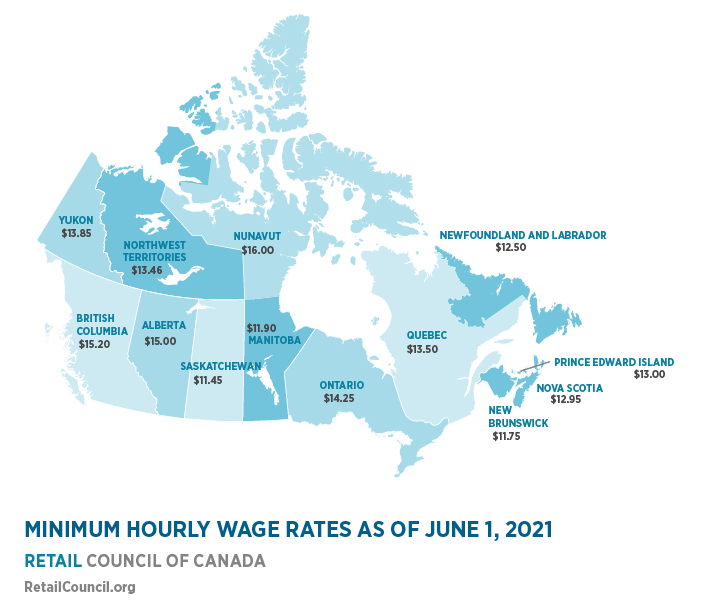
· Having a job provides flexibility and some breathing room for you to spend on entertainment, travel, and socializing. Below is a list of the average cost of common variable expenses (for one person):
- Fast food meal – 11.00 CAD
- Mid-range restaurant – 20.00 CAD
- 1 order of beer at the local pub – 7.00 CAD
- Medium iced latte – 5.00 CAD
- Movie ticket – 15.00 CAD
- Gym monthly membership (24/7 open) – 56.00 CAD
And so, to circle back on the caramel macchiato question, ordering one every day will add up to 150 CAD a month. That is a significant amount of money especially if you are trying to save up. If you really need a regular caffeine fix, make it at home, or an alternative is getting a job at a local café. They usually give staff free drinks!

MONEY-SAVING TIPS AND TRICKS
- As mentioned above, consider renting a room in a house to save on rent and utilities.
- Plan your groceries ahead and watch out for discounted produce.
- When choosing your bank, consider the perks that they offer. For instance, some credit cards give points that you can use to watch movies and dine in at restaurants at a discount.
- Walk if your destination is nearby (approximately one kilometer) and you can do so.
- Once you allocated your fixed expenses, take a percentage of the remaining and put it straight into savings. What’s left will be your variable expense-slash-fun money. This way you can build up your emergency fund and savings.


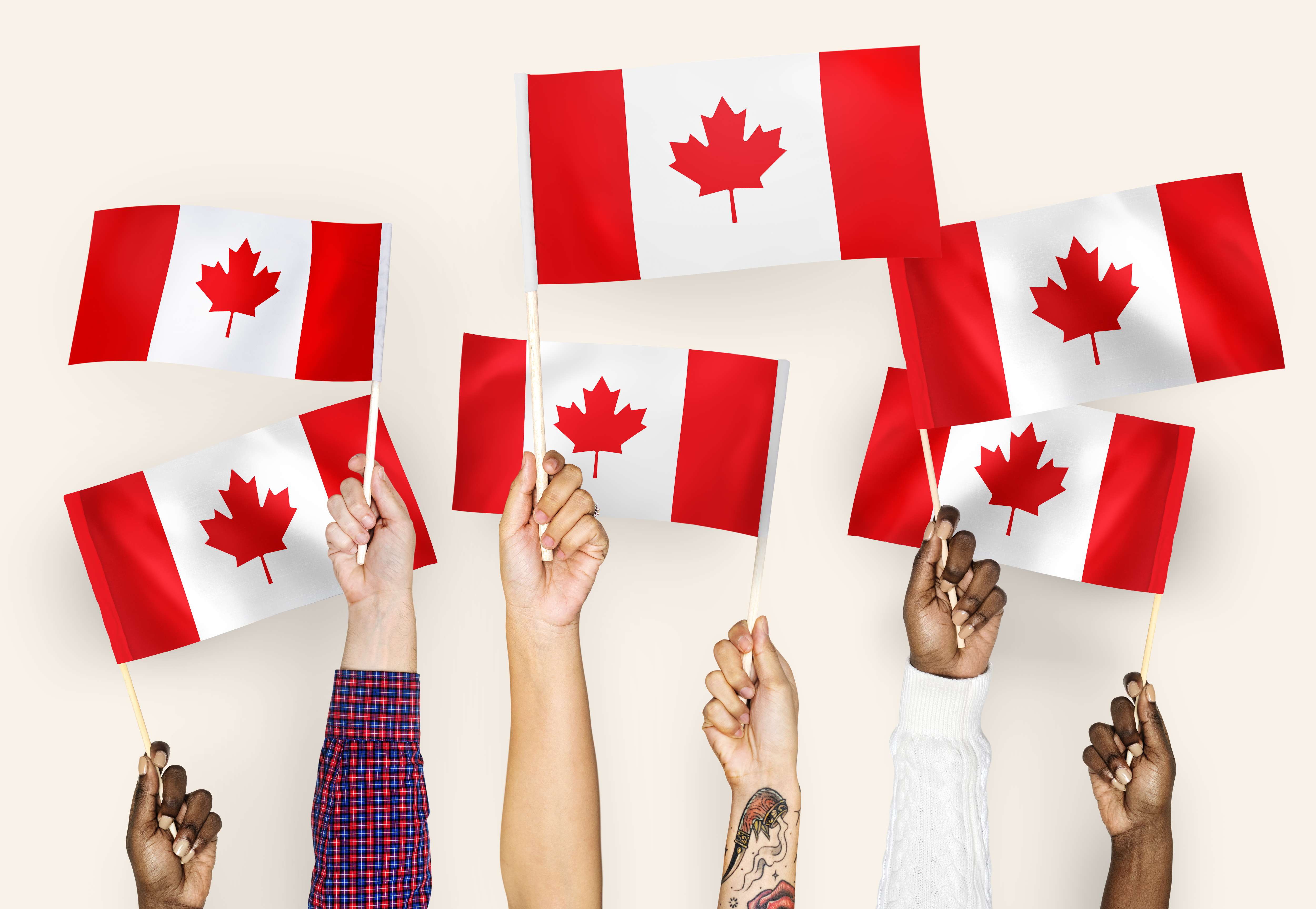








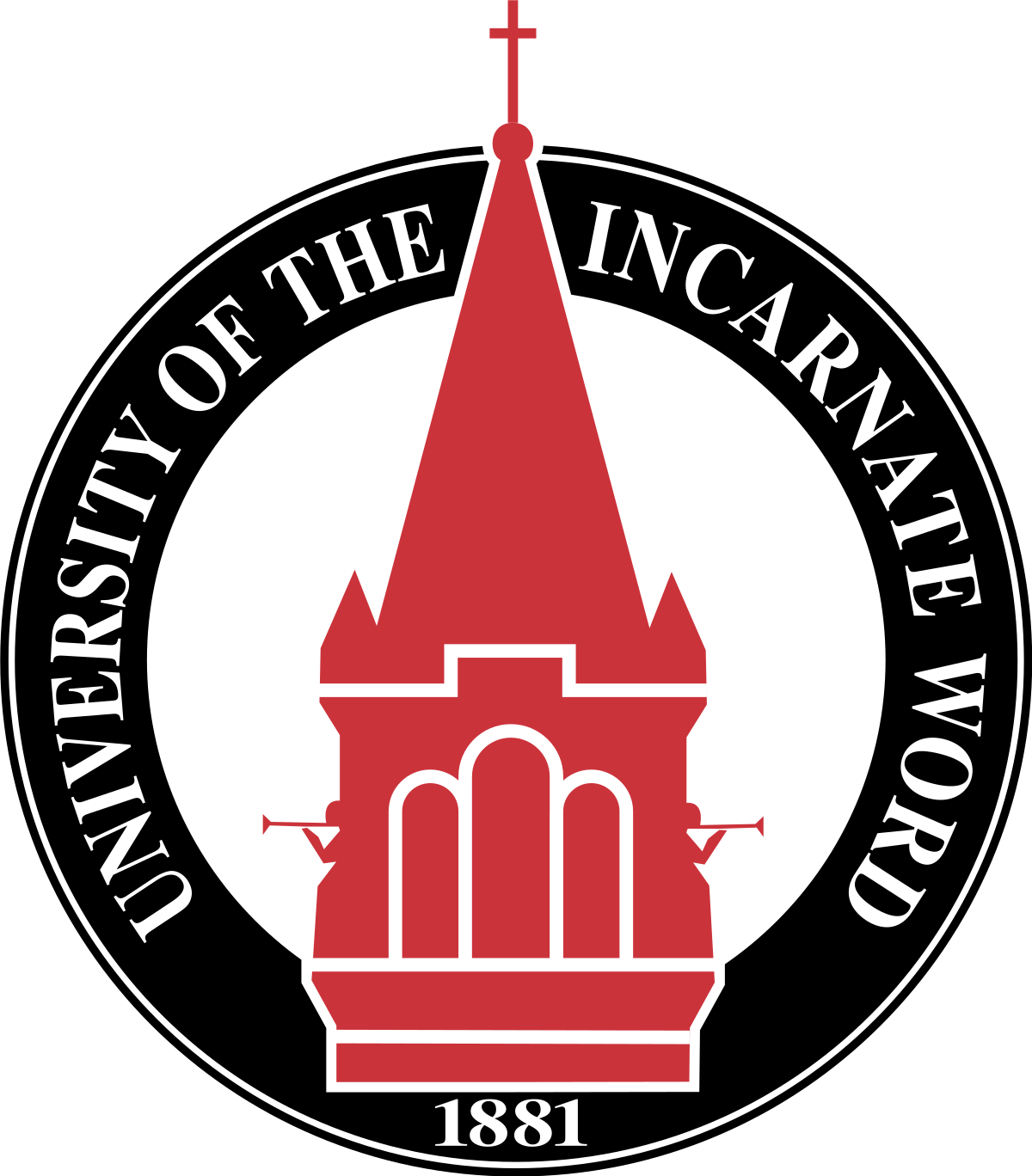


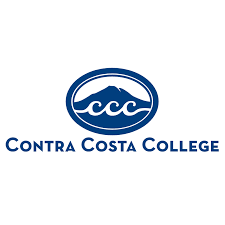



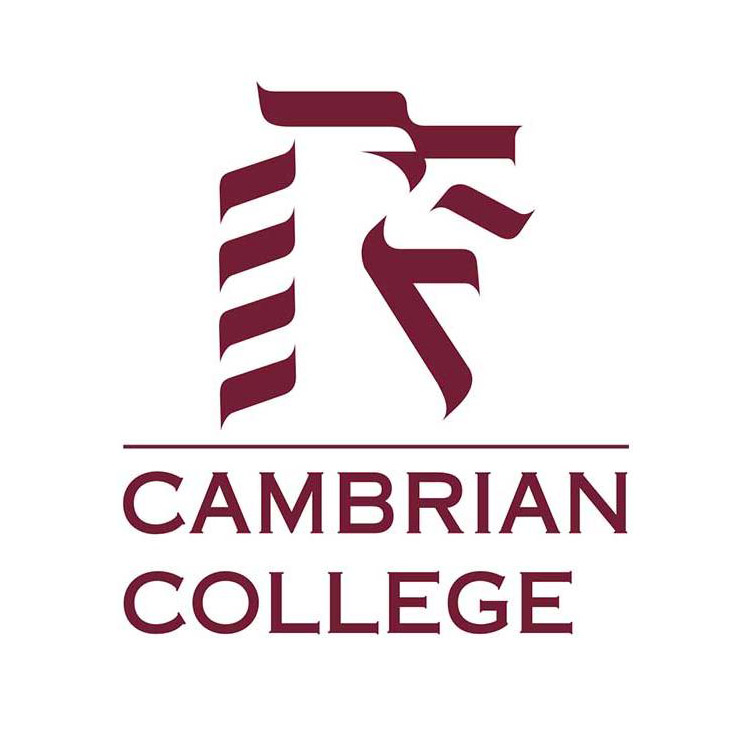
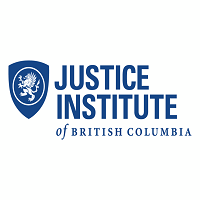
Comments (0)